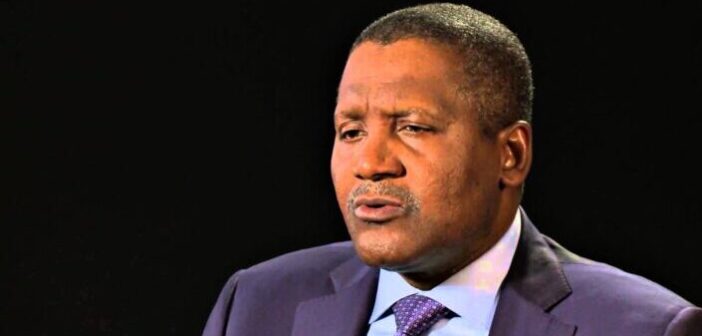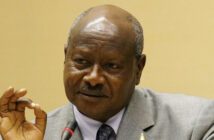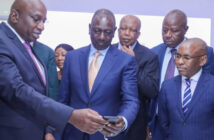It seems El Dorado is not too far for Nigerians as the Dangote Group revealed that it will generate 12,000 megawatts of electricity for the country by 2018.
This cheering news was revealed by the President of Group and Africa’s richest man, Alhaji Aliko Dangote at at the Nigerian Economic Summit organized by Economist Events, an arm of The Economist of London.
“Our gas project would have our gas pipelines on the seabed. The output should be able to provide about 12,000MW of power’, he said. We see a lot of transformation when we are done with most of our projects by 2018.
Dangote also said that his business estate would start selling foreign exchange to the Central Bank of Nigeria by 2020. “We are looking at a situation that by 2020, we will be the one selling FX to the CBN. Our projects are mainly import substitution. We are working to be self-sufficient to grow about a million tonnes of rice over the next five years.
According to Dangote, the West Africa economic bloc is a veritable business opportunity. “We have 15 countries in the ECOWAS community that are duty-free. The export market is big and profitable if you have the capacity. Players in the manufacturing (sector) should be encouraged to export if they have the capacity. We must also meet local consumption.”
Dangote said the fall in crude oil price was not a curse and that the nation must use the opportunity to explore the potential in other sectors of the economy. He said, “This is the right moment to pursue the diversification of the economy, which we have been talking about. I know that once oil gets back to $80 per barrel, we will go back to the same misbehaviour.
“But I think this is the right time for that. Government must come up with the right policy, because if we don’t do it now, we may not do it. But low prices do not mean doom. In 1998-1999, the price of oil was $9. What we need to do is just to block the leakages and pursue diversification.”
According to Dangote, the monthly revenue inflow from oil, which used to be $3.2bn, is now around $1bn, and this has caused a number of challenges for businesses in the country. “There are some areas where we are facing serious challenges and there are some where we are not. It depends on your business model. If your business model is to import 100 per cent, definitely, you will be facing challenges, because the inflow of foreign exchange is not where it used to be a year and a half ago,” he added.




